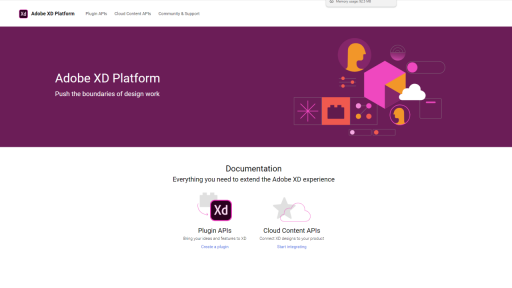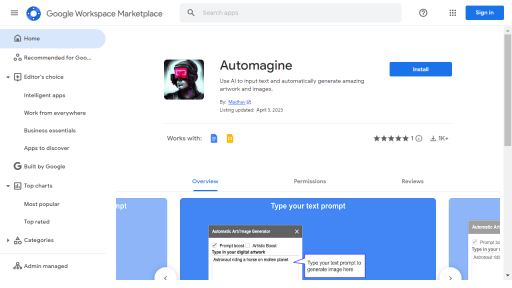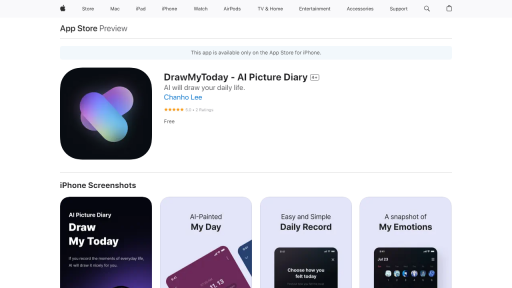What is Active Recall?
Active Recall is an innovative learning technique designed to enhance memory retention and facilitate deeper understanding of studied material. It operates on the principle of retrieval practice, where learners are prompted to recall information from memory rather than passively reviewing it. This tool encourages users to engage with the material actively, which has been shown to significantly improve long-term retention of information. The process typically involves quizzing oneself on the material, creating flashcards, or using digital platforms that support spaced repetition. By regularly testing oneself, learners can identify gaps in their understanding, thereby allowing them to focus on areas that require more attention. The core of Active Recall lies in its ability to transform learning into an interactive and dynamic experience, making it particularly effective for students and professionals aiming to master complex concepts or retain large volumes of information. The methodology is supported by cognitive science research which suggests that the act of retrieval strengthens neural pathways associated with the learned information, thus making future recall easier. Whether utilized for studying for exams, learning a new language, or acquiring workplace skills, Active Recall serves as a powerful tool to enhance educational outcomes.
Features
- Dynamic Quiz Creation: Users can generate custom quizzes based on their study material, allowing for personalized learning experiences.
- Spaced Repetition: The tool intelligently schedules review sessions for optimal retention, ensuring that information is revisited just before it is likely to be forgotten.
- Progress Tracking: Users can monitor their learning progress and identify which topics require more focus, enhancing their study efficiency.
- Multi-Format Support: Active Recall can incorporate various forms of content, including texts, images, and videos, making it adaptable for different learning styles.
- Collaboration Features: Users can share flashcards and quizzes with peers, fostering collaborative learning experiences.
Advantages
- Enhanced Memory Retention: Engaging in active recall strengthens memory pathways, leading to better long-term retention of information.
- Improved Understanding: The tool promotes deeper engagement with the material, encouraging critical thinking and comprehension.
- Time Efficiency: By focusing on active recall, learners can optimize their study time, concentrating on areas that need improvement.
- Adaptability: Active Recall can be tailored to various subjects and learning preferences, making it suitable for diverse educational contexts.
- Self-Assessment: It empowers learners to gauge their understanding and readiness, providing a clear sense of progress.
TL;DR
Active Recall is a powerful learning tool that enhances memory retention and understanding through the practice of retrieving information actively rather than passively reviewing it.
FAQs
What is the main principle behind Active Recall?
The main principle behind Active Recall is retrieval practice, which involves actively recalling information from memory to strengthen retention and understanding.
Can Active Recall be used for any subject?
Yes, Active Recall can be effectively applied to any subject, including languages, sciences, humanities, and even practical skills.
How does spaced repetition work within Active Recall?
Spaced repetition schedules review sessions at increasing intervals, helping to reinforce information just before it is likely to be forgotten.
Is Active Recall suitable for self-study?
Absolutely! Active Recall is highly effective for self-study, allowing learners to independently assess their knowledge and understanding.
How can I implement Active Recall in my study routine?
You can implement Active Recall by creating flashcards, taking practice quizzes, or summarizing what you’ve learned and testing yourself on those summaries.









